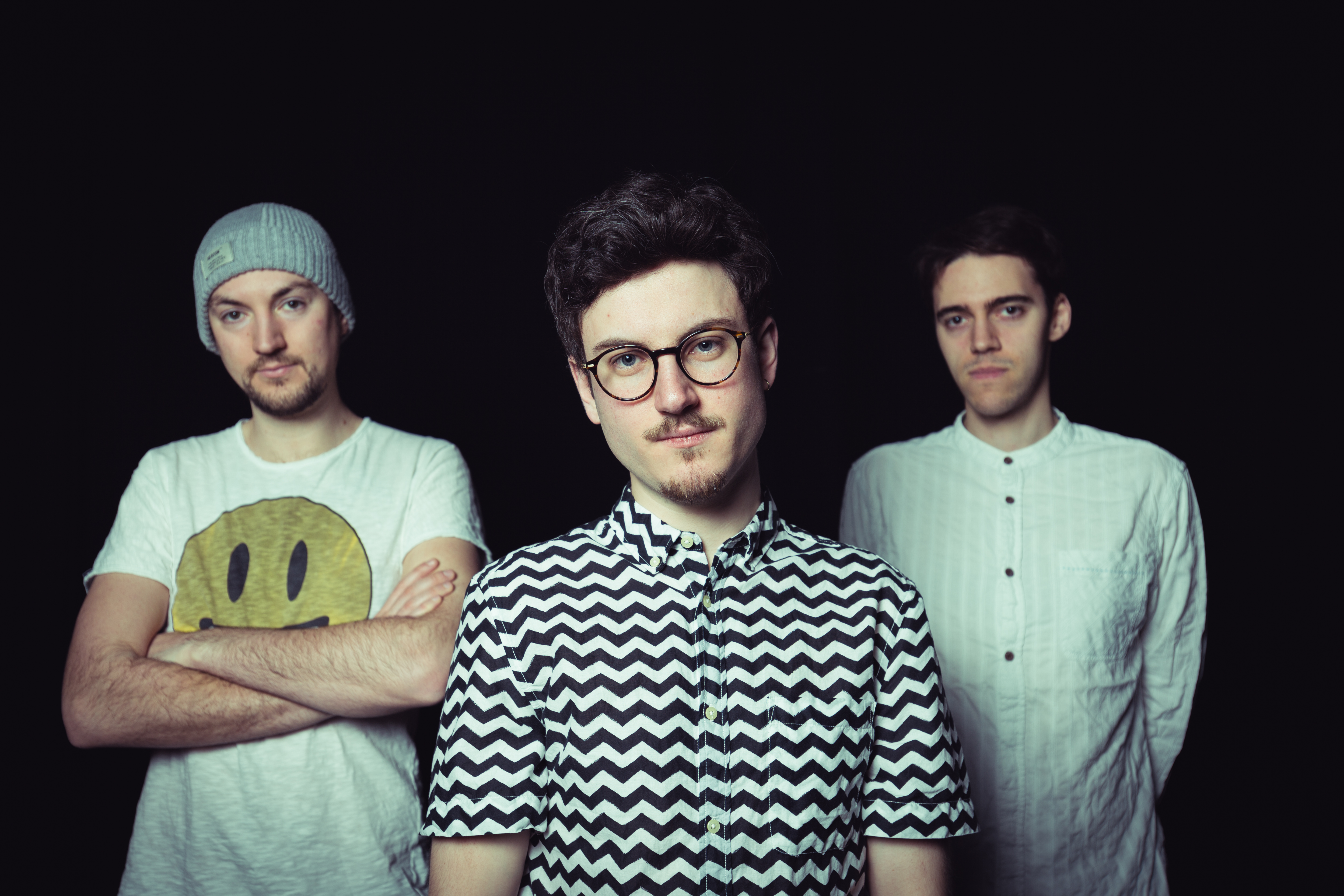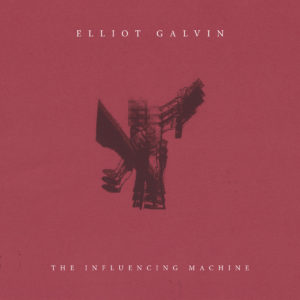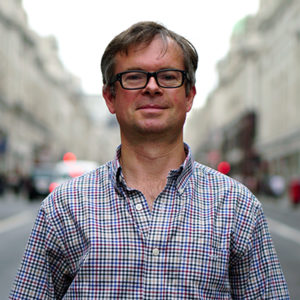Elliot Galvin Interview

Pianist and composer Elliot Galvin spoke to SJM editor Charlie Anderson.
How did you first get into playing piano?
“I started when I was pretty young, when I was about six or seven. My next door neighbour had a piano and I used to go round there and just have a little tinkle on it when I had a spare moment. I’d already started with improvisation, picking up tunes and then eventually we had a piano at home and I took it from there. It started with jazz. I started learning improvisation alongside classical piano and I built it up from there.”
How would you describe your influences?
“When I was really young my mum read an article which said that if you don’t expose kids to dissonant music by a certain age then they’ll never like it. So she played quite a lot of varied stuff when I was young such as contemporary classical music like Stockhausen but also Joni Mitchell and Wayne Shorter. Both of my parents had a really good record collection. So for me, when I was growing up, I didn’t see much of a difference between those two things. I listened to them equally, contemporary classical music and jazz. So I kept that going. Now I try to listen as broadly as possible as well as listening to people like Keith Jarrett and really awesome, massive giants of jazz. I’m also really into a contemporary rock band called Deerhoop and people like Captain Beefheart. So it’s quite varied and I try to listen to as much stuff as possible.”
You graduated from the Trinity Laban jazz course in 2013. How did that help you in terms of developing as a player?
“It was great. When I was studying there I was lucky to have Liam Noble as a teacher and it was awesome. He was really influential and helpful to me. He’s got such an individual sound but at the same time can play in so many different scenarios and make it sound really appropriate, but also individual, like a Bill Frisell approach, which I find inspiring. to have him as a teacher was awesome.”
“One of the key things was that I feel very lucky being there with so many other amazing musicians. I was in the same year as Laura Jurd and Corrie Dick. The bass player Conor Chaplin was in the year below me, and also Leo Richardson, who is an awesome sax player. Lots of great players who all had varied tastes as well, which was all useful as we were playing each other’s music. It pushes you further if you’re learning with people who are amazing and you’re really inspired by, then it makes you push further and develop as much as you can.”
Tell us about the new material that you’ve been writing.
“The new album is called The Influencing Machine. It’s the first time where I’ve done an album where it has a really clear subject that it takes and messes with. I stumbled across this book in The Wellcome Collection in London. It’s a book about a fascinating character called James Tilly Matthews who was a guy at the turn of the 19th Century who, as well as being a double agent for the French and the British, and then a tea merchant and architect, was also the person with the first diagnosed case of paranoid schizophrenia. So it was fascinating reading about his life where you’re not entirely sure what actually happened and what were his hallucinations.”
“What happened in his life resonated with me, and with issues of the modern world. His particular delusion was that he was being influenced by a machine, rather than God or anything like that. It was the first instance of that permeating the collective subconscious, this idea that machines have power and influence and obviously nowadays it’s such an important thing because it’s so influential in our lives. I found it inspiring to read about his life and it made loads of ideas pop into my head. I used that and just wrote some music inspired by it and taking lots of ideas from there and seeing how they would work in a musical context. I brought it to Corrie and Tom [McCredie] and we workshopped it a bit and then we recorded it. I’m pretty happy with it as it all came together.”
Tell us about how you go about composing a piece.
“If I look at a blank page or sit at the piano then it’s like ‘right, I could do anything now’. But I always like to start with an idea or a theme. It really helps me, whether it’s ‘I’m going to go for this kind of sound world’ or ‘I’m going to go for something that reflects this type of idea’. It gives me a bit of a boundary to compose within, a lot of it comes from improvisation as well. Sitting at the piano and thinking ‘ok, I want it to sound like this’.”
“There’s a tune called Bees Dogs and Flies off the album that I wanted to have this other-worldly, distant Renaissance sound to it as well as being groovy and West African influenced. So I wanted to collide those worlds, that was the idea that came first, colliding those worlds, and how to make that work. In a weird way, some of it involves a bit of research. The melody that I play on that tune is one that I mixed from an old Renaissance folk melody. I then messed with that, and harmonised it out. Then after that section was done I was like ‘ok, let’s have something that really works with that and works against it’. I have the idea first and then that gives me the boundaries where I can improvise and play within, and then I compose from there, normally.”
So what will you be playing at the South Coast Jazz Festival?
“We’re just going to play all the new music from that album. The album comes out on 26th January, just a few days after the concert. We’re just going to play all the new music which is kind of going in a slightly different direction. There’s a few more electronic elements coming in but it’s still based around that core of piano, bass and drums.”
“I’ve got into this thing called ‘circuit bending’. Have you heard of this?”
No, what’s ‘circuit bending’?
“It’s cool. You get these kids’ toys and then you open them up and mess around with the circuitry inside and you can make these sounds that they’re not meant to make but sound really amazing. So I’ve been playing around with that a bit. We’re probably using some of those on the gig as well. It should be cool. I’m looking forward to the festival.”
Elliot Galvin Trio perform at The South Coast Jazz Festival on Tuesday 23rd January, 2018 at The Walrus, 10 Ship Street, Brighton BN1 1AD.
The album The Influencing Machine is out on 26th January on Edition.
[Photo of Elliot Galvin Trio by Dave Stapleton]
[This article was modified 14/01/2018 to reflect the change of venue for the South Coast Jazz Festival]




